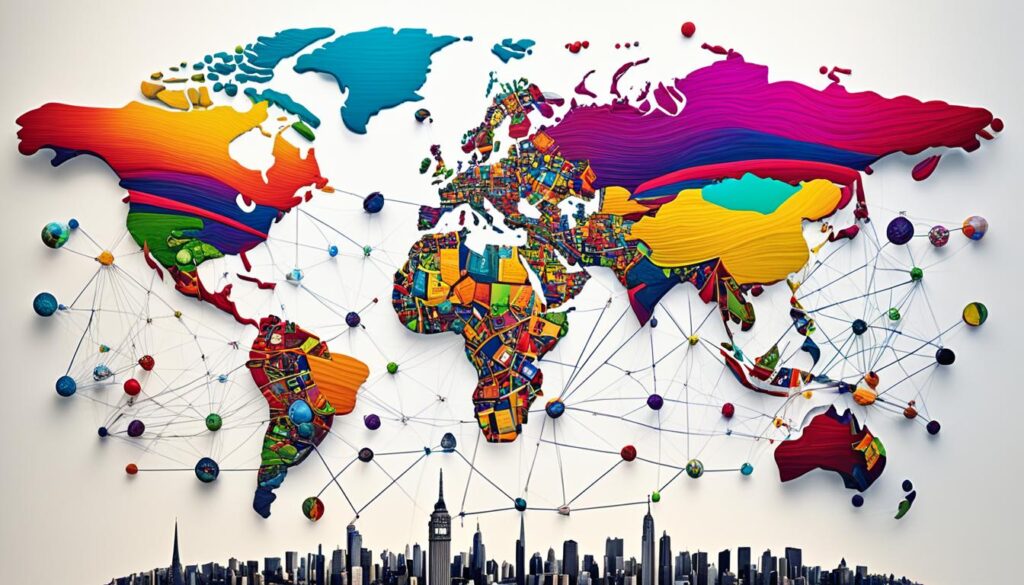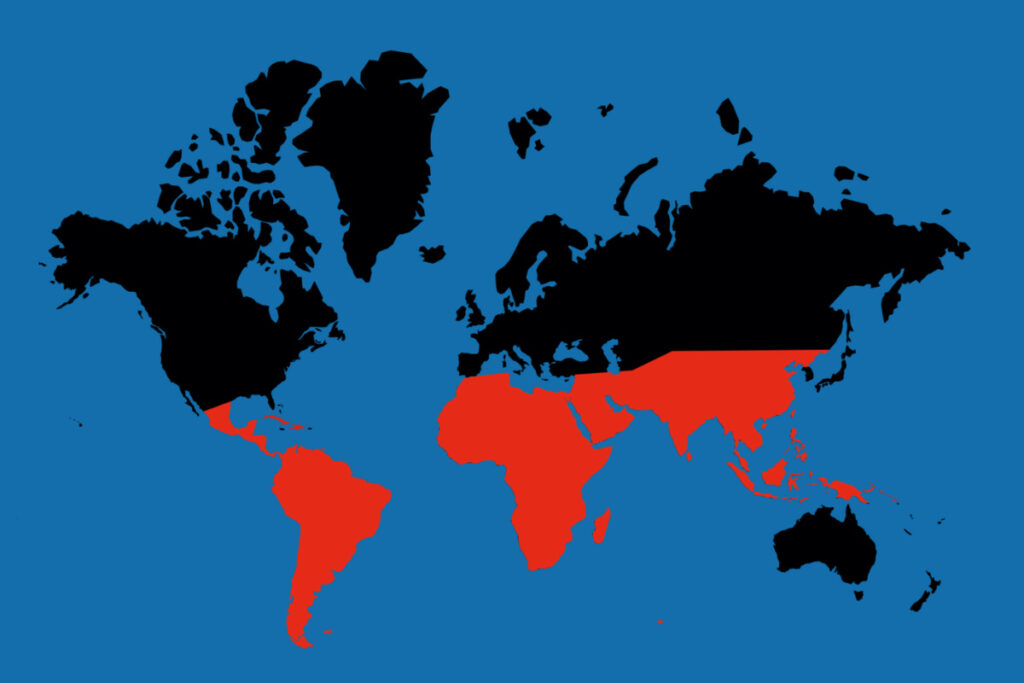The Infrastructure of Trust
We talk endlessly about the infrastructure of roads, bridges, power stations, data cables, and so on, because they are visible, measurable, and easy to showcase. They create great photo opportunities and generate compelling headlines. Yet, beneath the steel and concrete, beneath the policy frameworks and financing models, there is another form of infrastructure that is harder to see but just as crucial. Trust. Not as a virtue or a desirable cultural trait, but as a fundamental infrastructure. A load-bearing platform. A system that enables commerce, innovation, and governance. When trust collapses, empires decay, businesses go bankrupt, and communities fracture, even if all the highways and fibre cables remain intact. The paradox is that we regard trust as “soft,” but history indicates it is the strongest foundation of all. Trust as Infrastructure, Not Intangibility Consider how we typically define infrastructure: it connects. A road links cities. A port links countries. A data centre links people to the cloud. Trust functions in the same way. It connects individuals and groups who might otherwise have no reason to transact or collaborate. A road without vehicles is useless. A contract without trust is equally useless if performance is the goal. In fact, even the most advanced transport systems cannot save a society where trust has disintegrated. One could even argue that trust is the first infrastructure. Long before humans built canals or railways, they relied on trust to hunt in groups, share food, and organise labour. Civilisation itself rests on this invisible architecture. Long before laws were written or currencies minted, trust allowed people to cooperate beyond bloodlines, to plan beyond the day’s survival, and to build systems that outlived individual lives. Without it, no market forms, no institution endures, and no shared future can be imagined. What we call civilisation is, at its core, trust scaled across time and distance. Trust and Innovation We also often celebrate innovation as a product of talent, capital, and technology. Those are the visible inputs. The things that show up in pitch decks and policy documents. But underneath all three is trust. Talent takes risks only when it believes effort will be rewarded rather than exploited. Capital flows only when it trusts that rules will be stable and commitments honoured. Technology is adopted only when people trust that it will not be used against them or fail them when it matters most. Strip trust away, and innovation becomes timid. People stop experimenting. They stop sharing ideas. They optimise for survival instead of progress. In those conditions, even the most gifted minds and the most sophisticated tools struggle to produce anything meaningful. A farmer in northern Ghana only experiments with a new seed variety if she trusts that buyers will not undercut her at harvest time. Without that trust, she sows, harvests and sells whatever she has quickly, for whatever price she can get, to avoid being cheated. Her willingness to innovate is held back not by a lack of ability but by a lack of trust in the system. Silicon Valley, celebrated as the temple of modern innovation, is not fundamentally about technology. It is about risk capital, which is essentially trust capital. Investors pour billions into young founders who may have only a prototype and a compelling story. That is trust made TANGIBLE. And even adopting technology itself requires trust. Digital wallets. AI-powered platforms. Blockchain tools. These do not scale simply because they are clever or well-engineered. They scale only when people believe the system will work for them, not against them. When trust is high, adoption accelerates. People are willing to try, to learn, to migrate from familiar habits to new tools. They accept short-term friction because they believe the long-term payoff will be honoured. But when trust is low, adoption becomes shallow and fragile. People may register for platforms but stop using them. They may experiment once but retreat at the first failure. They keep backups, workarounds, and informal alternatives because they do not fully believe the system will protect them when something goes wrong. In regions where trust in formal institutions is weak, even sophisticated technology struggles to gain real traction. The issue is rarely access or intelligence. It is fear of exclusion, fear of hidden costs, fear that the rules will change without warning. And once trust erodes, adoption does not merely slow. It reverses. People abandon systems they no longer believe in and return to what feels safer, even if it is less efficient. So if we ask why certain places leap forward while others stall, the missing variable might not be talent or money, but the invisible infrastructure of trust. Trust and Trade Trade, at its essence, is an act of faith. I am handing you goods today on the understanding that you will pay tomorrow. I ship cargo across borders with the assumption that your government will not suddenly change tariffs or seize my product. This fragile faith is what keeps economies running. When it fails, the repercussions are immediate. The 2008 financial crisis, for example, was not simply about subprime mortgages or toxic assets. At its core, it was a systemic failure of trust. Banks did not suddenly run out of money. What they ran out of was confidence in one another. Financial institutions operate on the assumption that counterparties are solvent, disclosures are broadly accurate, and risks are reasonably understood. In 2008, that assumption collapsed. Once banks began to doubt the quality of each other’s balance sheets, interbank lending froze. Institutions chose to hoard cash rather than lend it, not because cash was scarce, but because uncertainty was high. In financial terms, liquidity did not disappear; it became trapped. Money existed, but it stopped circulating. For non‑analysts, the simplest way to understand this is to imagine a marketplace where everyone suddenly suspects that the person on the other side of the transaction might not pay tomorrow. Even with full wallets, trade slows. People wait. They pull back. They protect themselves. That is exactly what happened at a global
The Infrastructure of Trust Read More »




